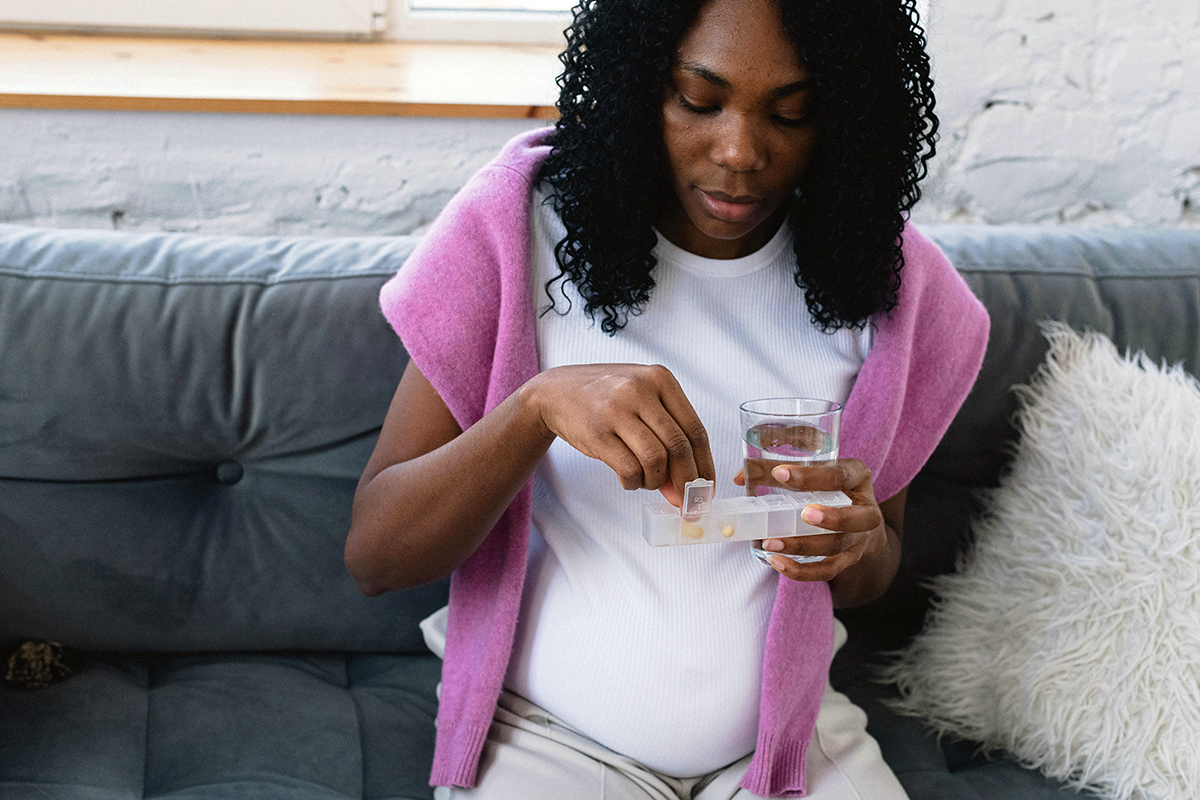I would love to know Emily’s thoughts on the recent data around prenatal vitamin D reducing the risk of asthma. I read the press release here. Would you advise prenatal vitamin D based on this evidence?
—Sunny Delight
The press release you sent refers back to this paper, published in October in the Journal of Allergy and Clinical Immunology. The starting point of the paper is a large clinical trial that randomly assigned pregnant women (starting between 10 and 18 weeks) to either supplementation with vitamin D during pregnancy or not. The outcome was the incidence of wheezing symptoms at ages 3 and 6.
The results of this clinical trial were underwhelming. The group whose moms were treated with vitamin D were slightly less likely to develop allergy or wheezing, but this result wasn’t large and it did not achieve statistical significance. Basically, it did not seem to work, or at least it was not very important.
Those results have been reported before. What this new paper does is a post hoc analysis — taking the data from the study and looking at it in ways that were not initially planned. In this case, what the authors do is show that for women with a particular genetic mutation, the impact of vitamin D seems to be significant.
The primary concern with this approach to the data is that it isn’t disciplined by an up-front plan, and it is easy to fall victim to what is called “p-hacking.” Because of the way statistics work, you can nearly always divide the data to find some group for whom a treatment seems to matter. However, these results are likely to be statistical accidents and not real effects. In this sense, the results here may be suggestive, but we would need more data to test this hypothesis directly.
It is worth saying: even taking these results at face value, they are not wildly compelling. The effects are small, and, of course, most of us do not know if we have the particular genetic mutation that would make us responsive.
The authors argue that there is no downside to taking vitamin D during pregnancy, so we should encourage people to do so, even if the results are not compelling on benefits. I can see this argument, but I would note that if this is the case, we shouldn’t really need to argue that the results matter for anyone.
Community Guidelines




















Log in